BERLIN, Sept. 6, 2023 /PRNewswire/ -- Midea, a leading brand in smart home appliances, has announced the IFA debut of its new R290 product lineup in Berlin. During its five-day exhibit at IFA 2023, Midea has also participated in the IFA Sustainable Village, underscoring its commitment to advocating for a sustainable and green lifestyle.
As part of this IFA Sustainable Village program, on September 3, Midea hosted a dedicated slot attended by guests from UNIDO, the German Environment Agency and GIZ. The discussions focused on refrigerants' impact on the environment and their role in shaping the future of the HVAC industry.
Dr. Chang Wei, CTO of Midea Group delivered a speech at the event, blending Midea's overall green development strategy with the discussion on the go-to-market strategy of R290 products in the international market and the importance of consumer education. The participants also delved into topics such as heat pumps, fluorinated gases, and the potential of R290 as a solution. These discussions highlighted Midea's dedication to fostering collaboration, leading improvements, and sustainable business in the industry.
During the five-day event, Midea's latest R290 products, showcased under the theme of "Green Vision Blue Future," have received significant attention. These high-efficiency and eco-friendly products include the newly released top-of-the-line A+++ EffiClima split AC the Xtreme split AC that has received the Blue Angel Certificate, and the A+ high-efficiency heat pump water heater. These products not only provide exceptional performance but also strongly support Midea's commitment to reducing carbon emissions and building a sustainable future.
With the increasing environmental awareness, relevant regulations have been put forth at the legal level to address the requirements regarding refrigerants. Consequently, refrigerants are also undergoing continual improvement. Both R32 and R290 have a zero Ozone Depletion Potential (ODP). However, compared to R32's Global Warming Potential (GWP) of 771, R290 has a significantly lower GWP of only 0.02, making it a much more ideal choice. More and more countries and regions are focusing on the GWP of refrigerants due to the worsening climate change. According to the current EU F-gas Regulation, from 1 January 2025, single split air-conditioning systems using less than 3kg of HFCs with a GWP of 750 or more will then be prohibited.
As a world's leading HVAC company, Midea has prioritized environmental friendliness by embracing R290, a green refrigerant. For 12 years, Midea has been at the forefront of R290 technology. It has achieved remarkable innovations like the world's first R290 rotary compressor and the inaugural R290 demonstration line, acknowledged by the United Nations.
By opting for Midea's R290 products, consumers can enjoy advanced and eco-friendly solutions. For example, Midea's R290 EffiClima offers a SEER of 12.2 and a SCOP of 6.3, surpassing the performance of R32. This ultra-energy-efficient R290 air conditioning product is specifically designed to meet the needs of European consumers, providing effective heating while conserving energy.
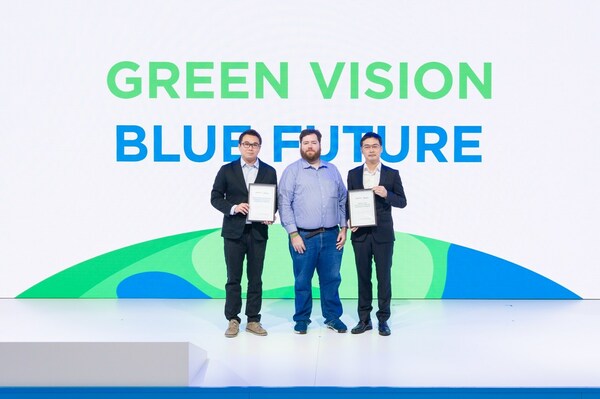
David Miao, Vice President, and Roosevelt, Director, both from the Overseas R&D Center of Midea Residential Air Conditioner, accepting the Euromonitor International award.
During the IFA event, Euromonitor International awarded Midea the title of being the world's No.1 R290 air conditioner company in terms of sales volume in 2022. So far, Midea has produced more than 6.2 million R290 products. Based on these sales figures, it is estimated that Midea's R290 products have successfully curbed CO2 emissions by a remarkable 3.715 million tons. This is equivalent to the amount of CO2 that 4.4 million hectares of the Amazon rainforest could absorb in just one year.
 2 years ago
658
2 years ago
658 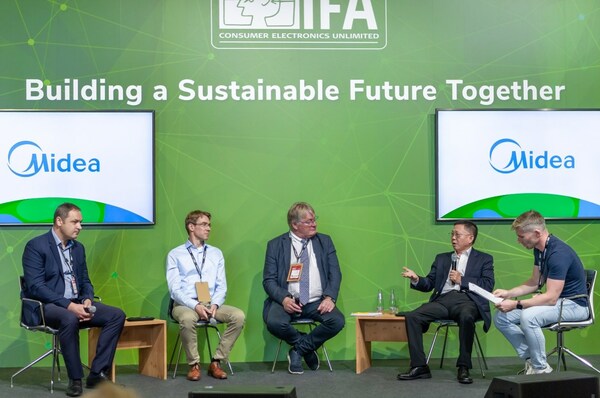
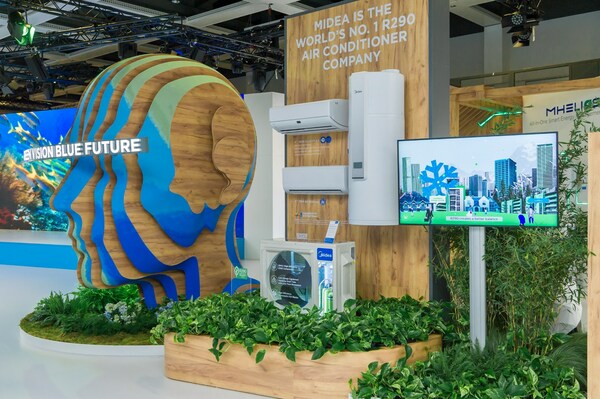

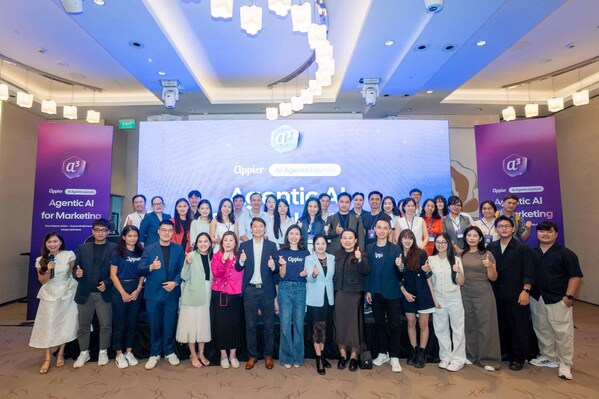


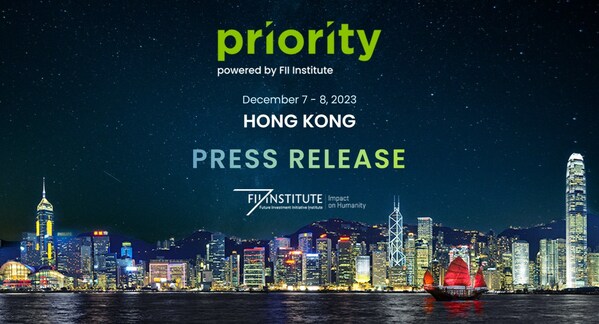

 English (United States)
English (United States)